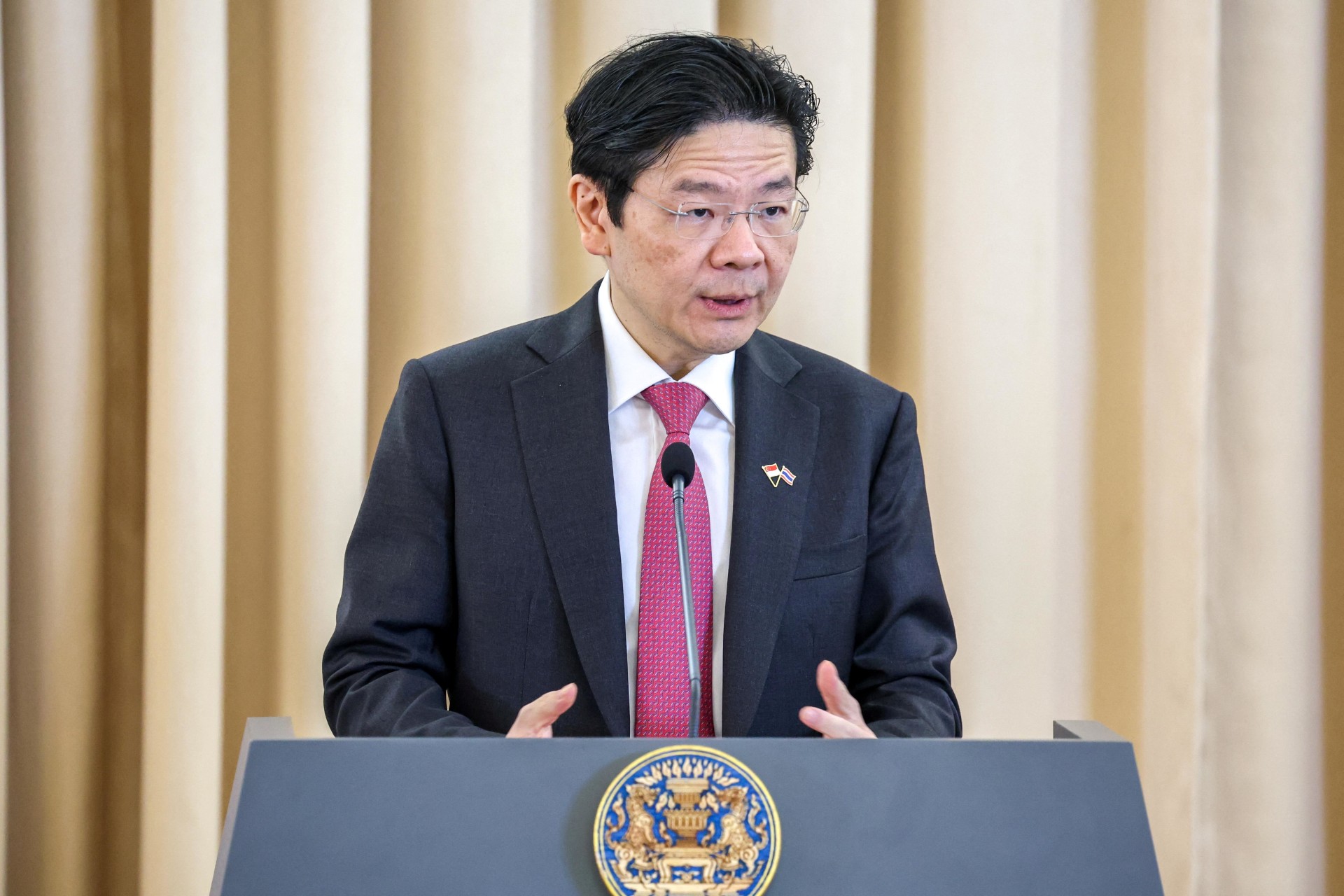Singapore Holds an Election Amidst a World at (Trade) War
Singapore’s ruling party faces domestic and economic headwinds ahead of upcoming elections.

By experts and staff
- Published
Experts
![]() By Joshua KurlantzickSenior Fellow for Southeast Asia and South Asia
By Joshua KurlantzickSenior Fellow for Southeast Asia and South Asia
Although Singapore’s long-ruling People’s Action Party (PAP) had until later this year to call a national election, the PAP called the election for May 3 amidst uncertainty about global trade, tariffs, and U.S.-China relations—Singapore has close ties with both major powers.
The PAP is not going to lose the election. It has a decades-long brand of stability, but it also has control of how constituencies are created, and long has drawn constituencies in ways that favor it over any opposition.
The PAP also, in the past, has used many strategies to muzzle opposition leaders, and the current leader of the opposition Workers Party, Pritam Singh, was found guilty in February of lying to a parliamentary committee, a charge many Singaporeans thought was blown out of proportion to tar him and the Workers Party before elections.
Still, the PAP has less control over voters than in the past, and the opposition is more organized and better-funded than its weak predecessors were. Overall, younger voters in particular have started to drift away from the PAP. In some constituencies, the opposition parties seemed to have cleared the field so just one is fighting the PAP candidate, though in other constituencies there are multiple opposition candidates, which will hand those constituencies to the PAP.
In addition, the opposition hammers away at the PAP over the high cost of living in Singapore, which has been one of the most expensive places in the world, and may try to argue that the PAP is not doing enough to fight its place amidst global tariff wars.
The ruling party will put forth Lawrence Wong. Prime Minister Wong, who is not a member of the Lee founding dynasty, has not proven himself in any election, and he will have to answer big questions about how the PAP will deal with the high cost of living and lack of affordable housing, as well as the PAP’s desire to build more of a social welfare state, all while Singapore’s growth is likely to plummet due to its export-dependent and trade dependent economy.
Calling the election, Wong admitted that Singapore would face severe challenges this year and possibly in the longer-term, due to the shifting world trade environment and regional tensions. “We are witnessing profound changes in the world. It is becoming more uncertain, unsettled and even unstable,” Wong said in a post on his Facebook page. “The global conditions that enabled Singapore’s success over the past decades may no longer hold.”
While the PAP is not going to lose, it is likely to continue to hemorrhage support in the overall popular vote, possibly dropping into the high fifties for the first time—a figure unachievable for any U.S. president today, but a major decrease from past PAP popular vote shares. And the opposition likely will increase its number of seats in parliament, from ten to the mid or high teens. This could create a path, one or two elections in the future, for a Singapore with a truly two-party competitive system.
For more on Singapore’s elections, you can see this earlier piece Abi McGowan and I wrote in World Politics Review.
